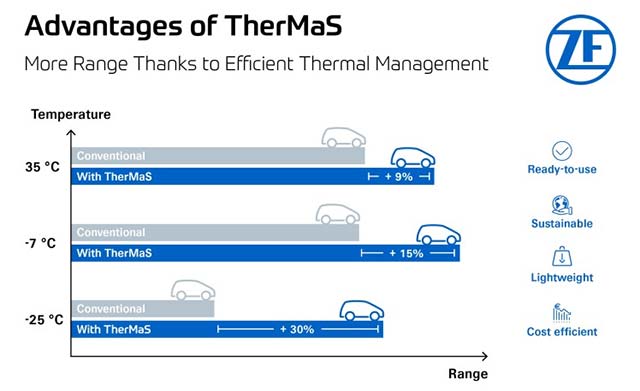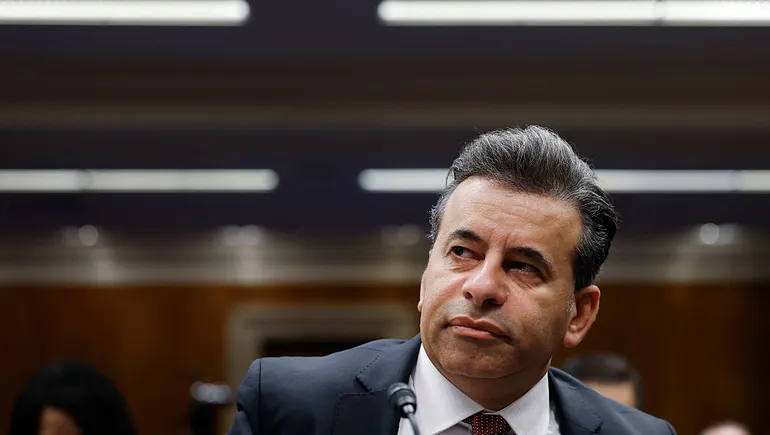Remarks by Commissioner Peirce at the Meeting of the Investor Advisory Committee
Thank you, Brian [Schorr]. Good morning and thank you to all of the Committee members and panelists for your participation today. Your two panel discussions should be interesting, and I hope you will have a robust discussion about the draft recommendation on investment adviser arbitration. Pass-through voting for funds arose as a response to concerns […]

Hester M. Peirce is a Commissioner at the U.S. Securities and Exchange Commission. This post is based on her recent remarks. The views expressed in this post are those of Commissioner Peirce and do not necessarily reflect those of the Securities and Exchange Commission or its staff.
Thank you, Brian [Schorr]. Good morning and thank you to all of the Committee members and panelists for your participation today. Your two panel discussions should be interesting, and I hope you will have a robust discussion about the draft recommendation on investment adviser arbitration.
Pass-through voting for funds arose as a response to concerns that some fund advisers seemed to have forgotten to whom voting rights belong. Advisers, for example, were signing on to pledges to vote the shares of the funds they advised in accordance with third-party principles, and some asset manager stewardship teams were making cross-complex voting recommendations without regard for disparate fund objectives. As noted in today’s meeting agenda, “[t]he right to vote at a shareholder meeting belongs to the registered shareowner under state law.”[1] In the case of investment funds, the right belongs not to the adviser and not even to the fund investors, but to the fund itself.[2]
A fund’s board may delegate voting power to its adviser, but the adviser must exercise it in the interests of that fund and that fund alone. In making the voting decision, the adviser owes a fiduciary duty to its client—the fund—not to fund investors.[3] An asset manager that advises a large passive index fund and a small environmental impact fund may be tempted to use the leverage afforded by the index fund’s large holding in a company to pressure the company to take actions that would align with the environmental fund’s objectives. Such active engagement, however, is at odds with the passivity of the index fund.[4]




















































































































































